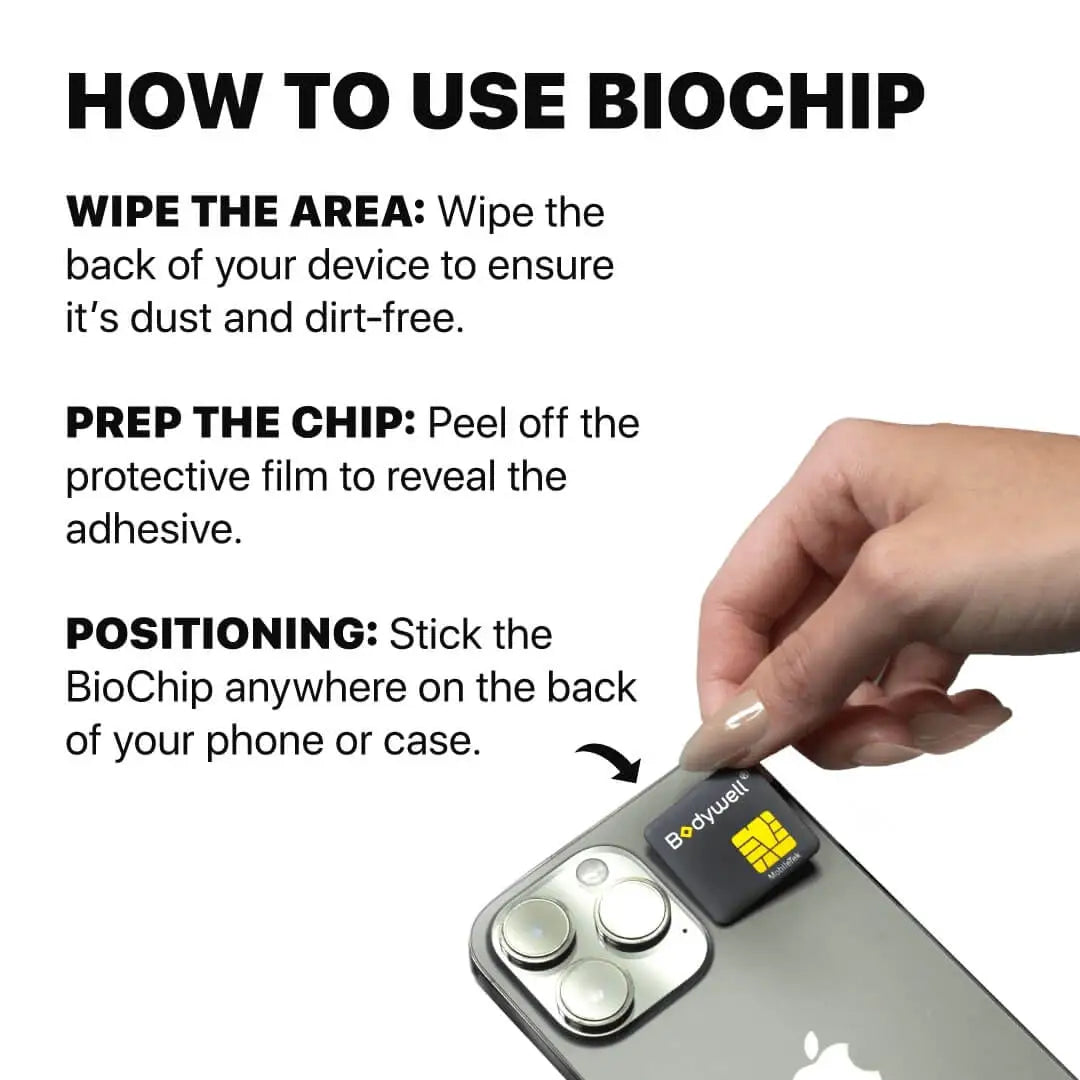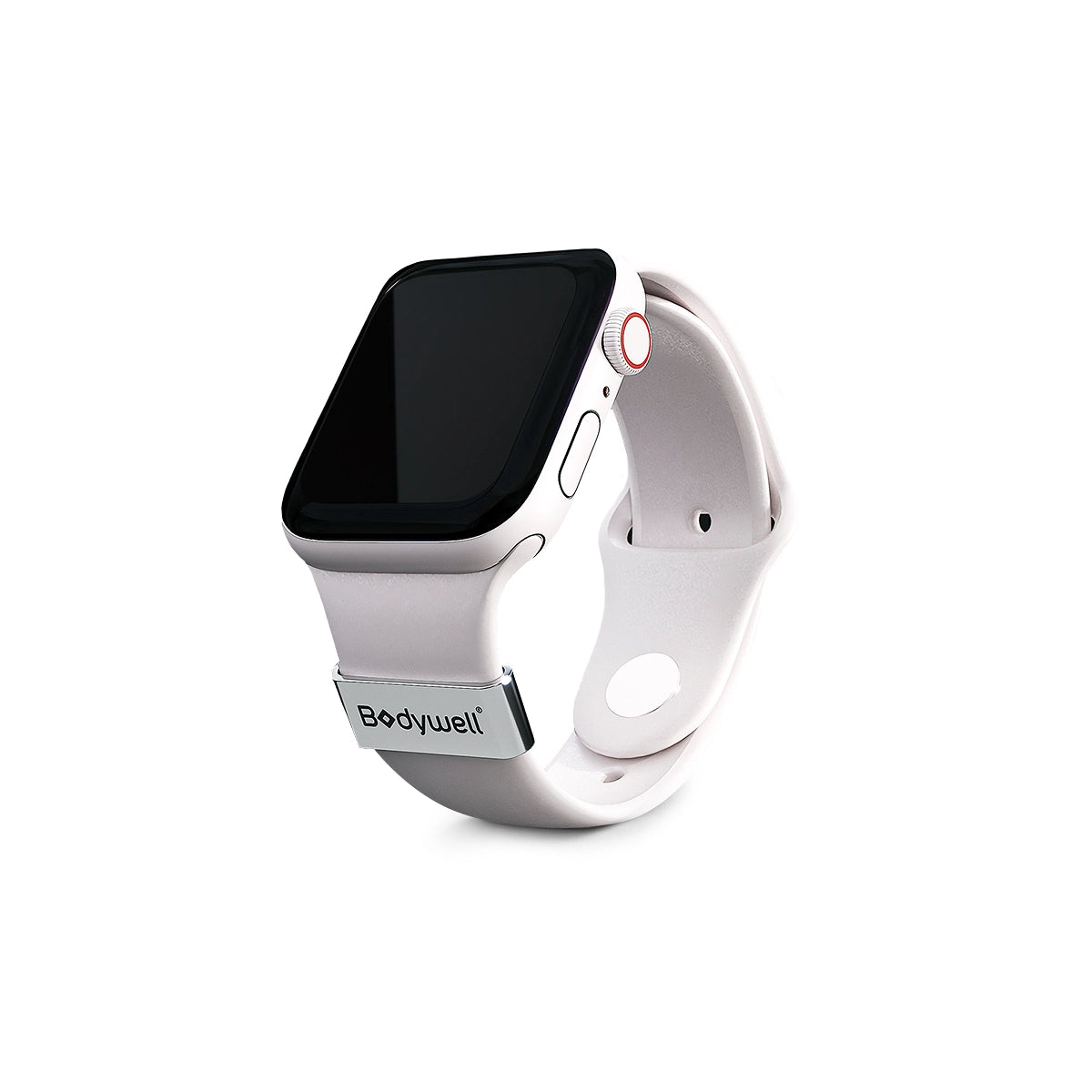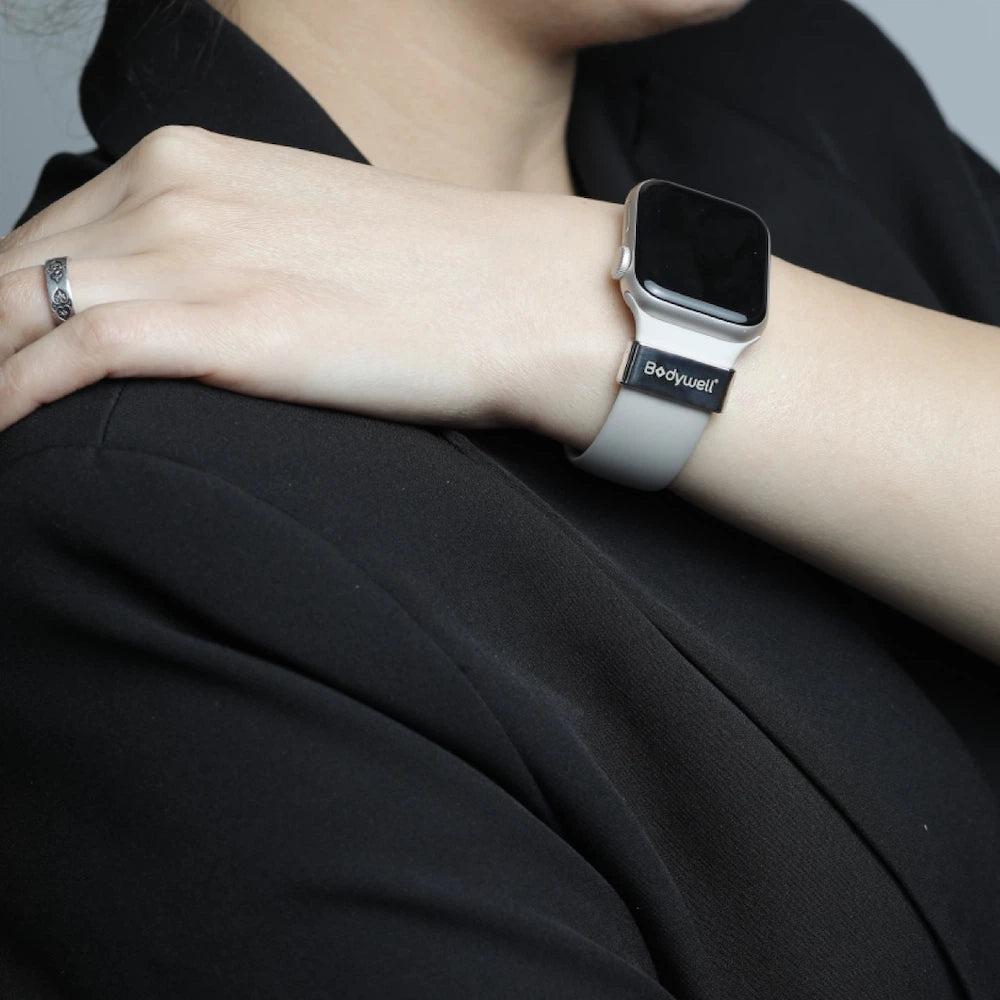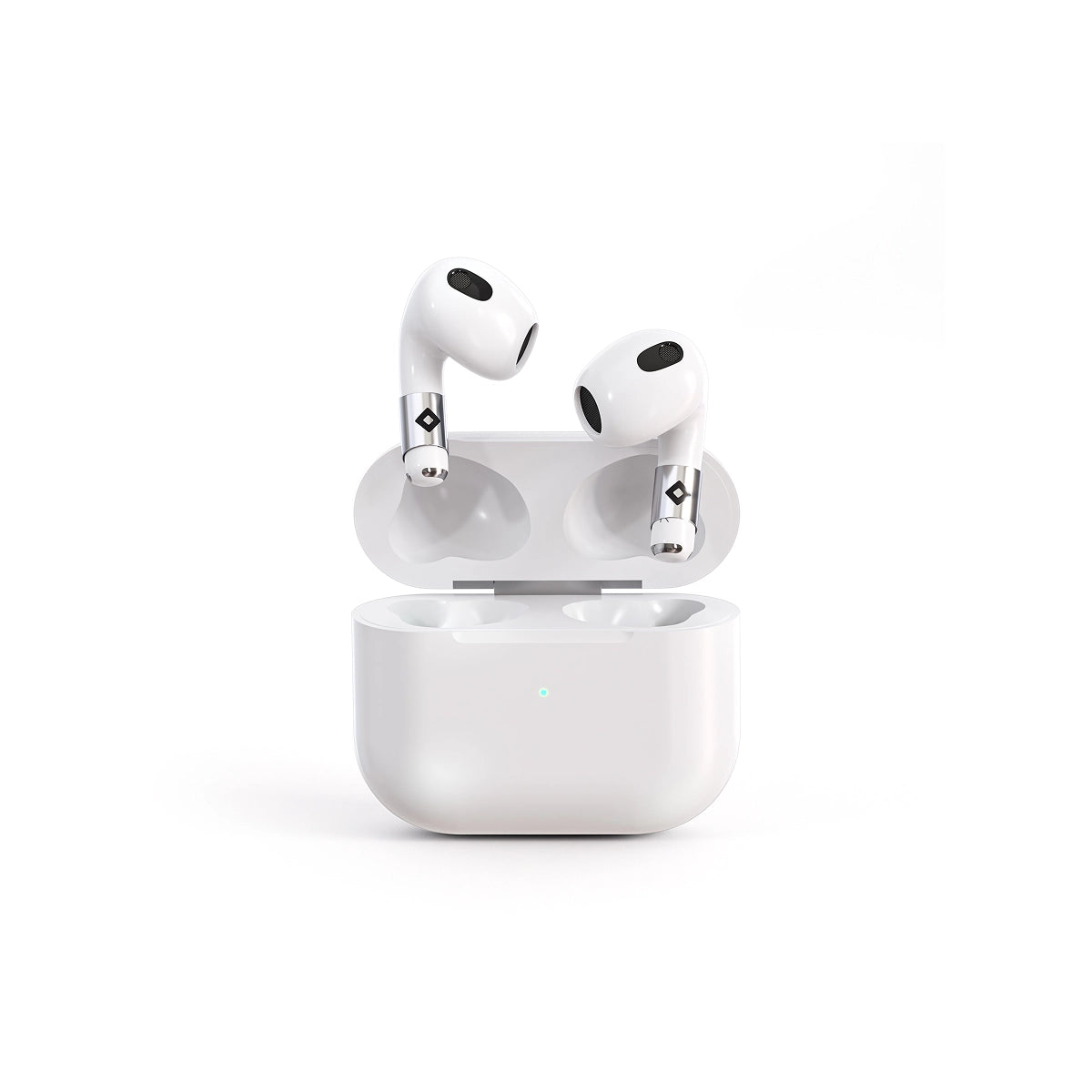97% of Americans currently own a cell phone, according to recent data from the Pew Research Center.
61.8% of adults have chosen to switch to wireless alone, according to data from the National Center for Health Statistics at the Centers for Disease Control and Prevention.
With this rising usage of mobile devices, the question "do cell phones cause cancer?" has been a topic of debate and concern. The conclusions have been diverse and, at times, contentious.
Potential Cancer Risks and Ongoing Investigations
Many studies investigating the health dangers of cell phone use have been funded, or partially funded by the phone industry, which critics believe might skew research findings.
In 2017, California officials issued a warning to the public about potential health dangers associated with cell phone use, however, some believed it fell short.
In its advisory, the California Department of Public Health stated, "Although the science is still evolving, some laboratory experiments and human health studies have suggested the possibility that long-term, high use of cell phones may be linked to certain types of cancer and other health effects."
The National Cancer Institute states that radiofrequency energy, a type of non-ionizing radiation, is released by cell phones and this energy can be absorbed by the body tissue next to the antenna. Because of this, a great deal of research has been done to determine whether using a cell phone increases the risk of benign or malignant brain tumors.
According to a May 2011 World Health Organization (WHO) classification, radiofrequency radiation may be "possibly carcinogenic for humans, based on an increased risk for glioma, a type of brain cancer."
Many people have called for a "precautionary approach" to mobile phone use in response to the release of this WHO statement. The investigation is still going on.
Do Cell Phones Cause Tumors?
A major area of research has focused on the potential link between phones and brain cancer. A group of experts at the National Toxicology Program, a branch of the National Institutes of Health, conducted a comprehensive investigation to gather more reliable data. Their strategy was to subject lab rats to high levels of cell phone radiation for the duration of their lives and observe whether the rats acquired cancer as a result. The study took more than ten years to complete and cost $20 million. The public was informed of the final findings in November 2018.
Many were alarmed when the researchers discovered what they called "clear evidence" linking cell phone radiation to a kind of cancerous nerve tissue in rats known as malignant schwannoma. Additionally, scientists reported discovering "some evidence" in animal experiments linking cell phone radiation to glioma, a kind of brain cancer.
They discovered that 2 to 3% of the male rats given the greatest dosage of cell phone radiation had gliomas in the brain, and 6% of them developed malignant schwannomas in the heart. Not a single cancer occurred in any of the radiation-free control animals.
These types of cancer are rare in humans and sometimes fatal, so if cell phone radiation increases their occurrence, it is cause for concern.
In the Interphone trial, researchers from 13 nations examined cell phone use in almost 5,000 persons with brain tumors and a similar group without brain tumors. Overall, no association was discovered between the risk of brain tumors and:
- Cellphone use
- How frequently were calls made?
- Longer call times.
The researchers discovered a small increase in the incidence of a certain type of brain tumor among the 10% of those who used their cell phones the most.
New UC Berkeley research shows a substantial association between cell phone radiation and cancers, particularly in the brain.
Researchers examined statistical findings from 46 different research around the world and discovered that using a cell phone for more than 1,000 hours, or around 17 minutes per day over ten years, raised the risk of cancers by 60%.
Researchers also cited studies that found that using a cell phone for ten years or more doubled the risk of developing brain tumors.
Cell Phones and Thyroid Cancer
Given that thyroid cancer has been on the rise globally, researchers have been wondering if cell phones could be contributing to this increase. Depending on additional illness risk factors, the response could be either yes or no. Given that the rise was correlated with cell phone use, the researchers hypothesized that RFR could be a contributing reason to the increasing frequency.
A 2019 study that examined the relationship between cell phone use and thyroid cancer found none, but it did find that those who had used a phone for more than 15 years, used it for more than two hours a day, or had the most cumulative use hours had a non-statistically significant higher incidence of thyroid microcarcinomas (tumors less than one centimeter in diameter).
Cell Phones and Breast Cancer
Concerns have also been raised about the potential link between cell phones and breast cancer, especially among individuals who habitually carry their phones in their bras.
There was data from a small study to conclude the risk of breast cancer associated with carrying a cell phone in a woman's bra.
A relatively modest case report from 2013 brought up some potential issues with RFR-related breast cancer. Four women, ranging in age from 21 to 39, were diagnosed with invasive breast cancer that was multifocal, meaning that there were several tumors. The tumors were primarily located in the area under their bras, where the women carried their cell phones. For numerous years, there was up to ten hours of exposure per day. There were no genetic alterations (BRCA1/BRCA2) or adverse family histories that might increase the risk of breast cancer in any of the women.
One of the most prevalent cancers in women is breast cancer, which can develop at an early age. The investigation found it noteworthy that the tumor characteristics of the women were almost the same in appearance, and that the tumors were grouped in the area exactly beneath the cell phone placement.
Although a case study involving just four women cannot provide much insight into potential risks for the broader public, it did make researchers aware of the lack of information regarding the safety of long direct contact.
A 2019 Taiwanese study examined the relationship between breast cancer risk and excessive cell phone use, or "cell phone addiction".
Over the previous few decades, breast cancer has become more widespread in Taiwan, where it was identified as the most common cancer among women in 2003.
Researchers examined a sample of Taiwanese women and contrasted those who used their phones heavily with those who used them far less frequently. Individuals with a diagnosis of "smartphone addiction" had a 43% increased risk of breast cancer. Women who regularly used their phones for at least 4.5 minutes before going to bed were at much higher risk. Compared to people who did not use their phones before bed, those who did so were at a 5.27-fold higher risk.
There was also a correlation found between risk and closeness of the cell phone to their breasts. In general, the risk rose by 59% at closer distances of 10 cm or less vs. above 35 centimeters.
The study concluded that there was a substantial link between excessive smartphone use and a higher risk of breast cancer. This link was seen most clearly in those who were addicted to their phones, carried their phones close to their bodies, or often used them before bed.
Salivary Gland (Parotid) Tumors
Although Salivary Gland Tumors, including those of the parotid gland, are rare, there may be a higher chance if you use a cell phone.
According to a comprehensive evaluation and analysis of 37 papers, using a cell phone while driving was linked to a slightly higher risk of salivary gland cancers (28% more common).
How Can I Lower My Exposure to RF Waves from Cell Phones?
While the definitive answer to "Do phones cause cancer?" remains ongoing, there are practical steps you can take to reduce your exposure to RF waves from cell phones:
- Use Speakerphone: Keep the phone away from your head by using the speakerphone function.
- Limit Phone Use: Reduce the time spent on calls and use text messaging or email instead.
- Avoid Sleeping with Your Phone: Do not sleep with your phone under your pillow or close to your head.
- Use EMF Radiation Protection Products: Consider using products designed to reduce exposure to EMF radiation from your cell phone. Bodywell®, for instance, offers EMF radiation protection products that are proven effective through rigorous testing. Key benefits of using Bodywell® include:
- Thermal Reduction: Bodywell® products can reduce thermal absorption by up to 20%, helping to minimize heat-related effects from EMF exposure.
- Reduction in SAR: Bodywell® products have demonstrated an 80% reduction in SAR, significantly lowering the amount of radiation absorbed by the body.
- PH Recovery: Prolonged EMF exposure can disrupt the body's pH balance. Bodywell® products help recover pH levels by 100%, maintaining the body's natural equilibrium.
- Monitor SAR Levels: Specific Absorption Rate (SAR) measures the rate at which your body absorbs RF energy from your phone. Choose phones with lower SAR values, which indicate lower RF exposure.
- Limit Use for Children: Children's developing brains and tissues may be more susceptible to RF radiation. Limit their cell phone use and encourage safer communication habits.
Conclusion
Understanding the potential health risks associated with cell phone radiation is essential as technology continues to advance. By staying informed and adopting practical measures, you can protect yourself and your loved ones from potential harm.





















Leave a comment
This site is protected by hCaptcha and the hCaptcha Privacy Policy and Terms of Service apply.